A Urology Resident’s Perspective: From an interview with a urology resident from The Ohio State University in Columbus, Ohio
Part of an interview series entitled, “Specialty Spotlights“, which asks medical students’ most burning questions to physicians of every specialty. See what doctors from every specialty had to say about why they chose their specialty and how to match in their residency.
- How competitive is the Urology match?
Urology is one of the more competitive fields. I think it’s similar to neurosurgery and ENT. More competetive than general surgery but probably not as competetive as ortho, plastics, or dermatology.
- What must a student do to match well in Urology?
The usual stuff like high board scores, honors in your clinical clerkships, and AOA are very common amongst the residents matching in urology. Lacking in one or more of these areas, though, is not a deal breaker. If you can show programs that you are passionate about field and a hard worker then you still have chance of matching. This is done with good letters, research in the field, and possibly away rotations (as long as you impress on the away rotation).
- What are residencies looking for in a Urology applicant?
- What should students look for in a Urology residency?
In general, most people feel that all urology residency programs are going to give you adequate training. There are some programs that are 6 years versus 5 years. The 6 year programs either have an additional year of general surgery (so 2 years altogether) or else a year of research. If you dread doing an extra year of general surgery or research then this is something to consider. Because it is competetive and there are not a million programs, you do have to be willing to go to programs or cities that you maybe would not consider if you were applying to a less competitive residency. I think most urology applicants have the “I’m just happy I matched” attitude.
- Do you have any advice on the application, letters of recommendation, personal statements, or how to rank programs?
With the early match, you have to start early. Unlike other fields, many urology applicants are trying to squeeze in urology rotations and letters out of end of 3rd year and early 4th year. Make sure you schedule away rotations early, because some fill up, especially in the Summer and early Fall. At the beginnning of each away rotation let the chair know that you intend to get a letter of recommendation. It may actually look bad if you do an away roatation and do not get a letter of recommendation out of it. You do not necessarily have to send the same letters and other information to every program. I think you are allowed 3-4 letters in your official application, but you can have different letters available to different programs. So for instance if you have a letter from a former resident at a program, make sure to include that letter to that program. There are also tricks to get extra letters sent directly to the program if you think that would be beneficial. Do not hesitate to mail updated CV’s or research information after the application has been sent out directly to programs. It gives them more information about you and also shows some extra dedication and interest in their program. I would rank as many programs as you interview with, unless you truly would rather not match than go to a certain program.
- What do you wish you knew before application/interview season?
I wish I knew what I was getting into. Letters, applications, interviews, traveling…there is no way to understand the best way to do it until you actually do it. Good Luck.
- What other advice do you have for students applying to Urology residency?
Bring it!
Editor's Note: Applying for residency or preparing for your interviews? I highly recommend First Aid for the Match
, The Successful Match: 200 Rules to Succeed in the Residency Match
, and The Residency Interview: How To Make the Best Possible Impression
.






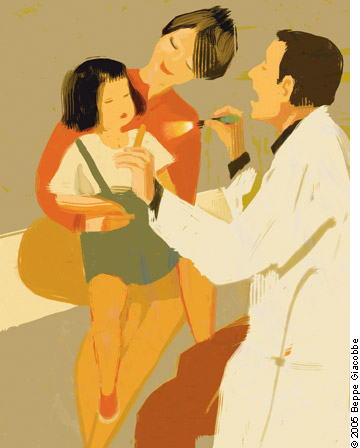
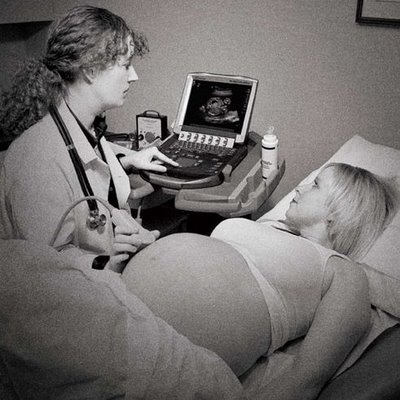
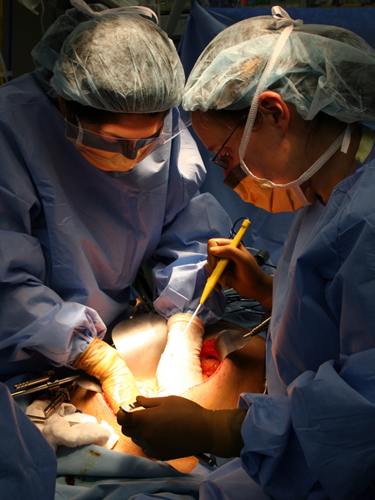

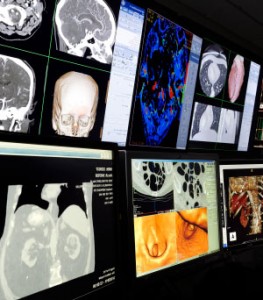
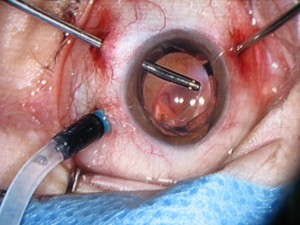
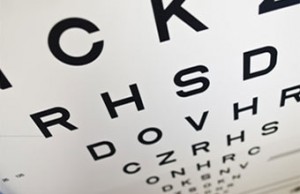

 My name is Andrew and I am a first year resident training to be an ophthalmologist. I created ShortWhiteCoats to provide medical students, residents, and the public with all the information I spent so many hours looking for during medical school.
My name is Andrew and I am a first year resident training to be an ophthalmologist. I created ShortWhiteCoats to provide medical students, residents, and the public with all the information I spent so many hours looking for during medical school.







